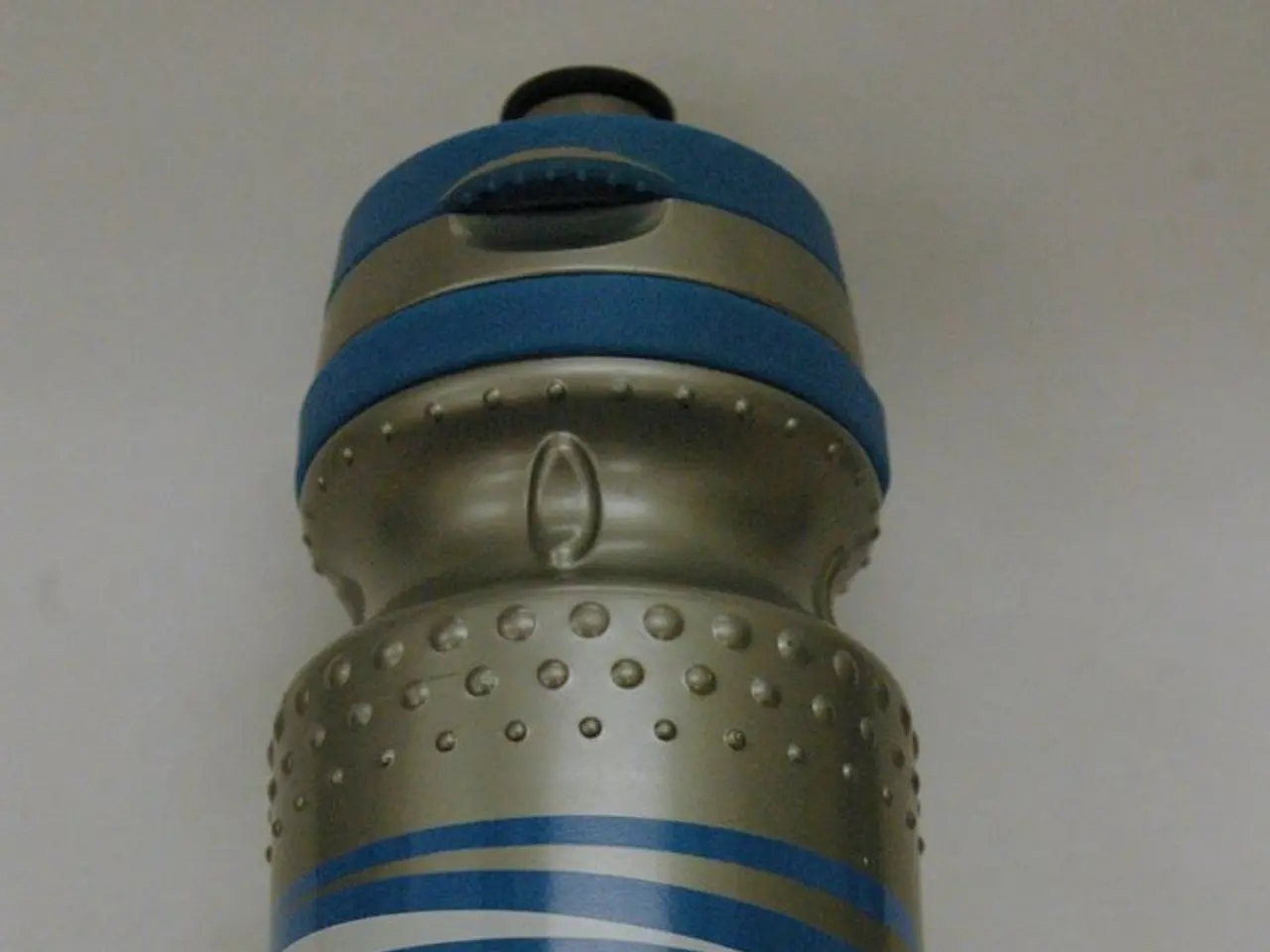Understanding essentials of Alpha-1 Antitrypsin Deficiency
Alpha-1 Antitrypsin Deficiency (AATD) is an inherited genetic condition that increases the risk of lung and liver disease. Common symptoms include a persistent cough, trouble breathing or wheezing, frequent lung infections, shortness of breath, increased mucus production, fatigue, and sometimes liver-related signs such as yellowing of the skin or eyes and abdominal swelling.
Causes of AATD are genetic mutations leading to deficient or faulty Alpha-1 antitrypsin (AAT) protein production by the liver. Environmental factors like tobacco smoke or chemical fume exposure can further reduce AAT levels and exacerbate lung damage.
Risk factors primarily include a family history of AATD or related lung/liver disease, smoking, and exposure to lung irritants. The condition affects any ethnicity, male or female.
Diagnosis is confirmed by a blood test measuring AAT levels and, if needed, genetic testing to identify specific mutations. Testing is especially recommended for individuals with family history, early-onset chronic obstructive pulmonary disease (COPD), or unexplained liver disease.
Treatment options vary by disease severity and focus on managing symptoms and preventing progression. They include augmentation therapy (intravenous AAT replacement), smoking cessation, vaccinations (to prevent lung infections), pulmonary rehabilitation, and supportive care for liver disease. There is currently no cure.
Depending on the complication, additional therapies may be needed, such as oxygen therapy, bronchodilators, inhaled steroids, pulmonary rehabilitation, lung transplants, or liver transplants. Having a close relative with AATD increases a person's risk of developing the condition themselves. The person with AATD may require infusions for life, usually on a weekly basis.
Environmental and lifestyle factors such as smoking tobacco, exposure to environmental toxins, and alcohol use may worsen the symptoms of AATD or make them appear sooner. Treatment for lung and liver issues due to AATD is similar to that for the issues themselves, such as emphysema being treated like other forms of COPD.
Diagnosis may involve a medical history and physical exam, blood tests to measure AAT protein, genetic tests, lung function and imaging tests. AATD is caused by mutations in the SERPINA1 gene, which is responsible for producing alpha-1 antitrypsin (AAT) in the liver.
AATD is underdiagnosed and testing is recommended for specific groups, such as those with COPD, liver disease, asthma not responding to treatment, C-ANCA vasculitis, panniculitis, bronchiectasis. Doctors may also suggest preventive measures like vaccinations to protect against potential infections.
Early diagnosis and treatment can improve life expectancy by controlling damage and avoiding other sources of damage. AATD seems to occur most often in white people of European ancestry. Doctors may recommend lifestyle changes to improve health, such as quitting smoking, limiting alcohol, getting regular exercise.
The symptoms of AATD vary from person to person and may include shortness of breath, wheezing, weight loss, frequent lung infections, fatigue, a rapid heartbeat, emphysema, jaundice, cirrhosis, and in rare cases, dermatological symptoms such as panniculitis. Diagnosis of AATD can take time, and some people may not be aware they have it until they start having lung problems in their 30s-40s or earlier if they smoke.
The life expectancy of someone with AATD can vary widely based on factors like when they receive diagnosis, progression of lung or liver damage, and response to treatment and lifestyle changes. Information about AATD, including advancements in therapy, support groups, financial support, and clinical trials, can be found from organizations like the National Organization for Rare Disorders, Alpha-1 Foundation, Patient Services Incorporated.
The most common mutations that cause AATD are called PiZ and PiS. There is currently no cure for AATD, but treatments can help slow and manage complications, including the infusion of alpha1-proteinase inhibitor (Prolastin) as augmentation therapy.
- Environmental factors like tobacco smoke and chemical fume exposure can further reduce Alpha-1 antitrypsin (AAT) levels and exacerbate lung damage in individuals with genetics-related respiratory conditions such as Alpha-1 Antitrypsin Deficiency (AATD).
- Other genetic conditions, medical-conditions like liver disease, and chronic diseases like emphysema, can be associated with Alpha-1 Antitrypsin Deficiency (AATD), increasing the risk of respiratory-conditions and affecting health-and-wellness.
- Testing for Alpha-1 Antitrypsin Deficiency (AATD) is especially recommended for individuals with family history, early-onset chronic obstructive pulmonary disease (COPD), or unexplained liver disease, as AATD is caused by mutations in the SERPINA1 gene.
- Lifestyle changes such as quitting smoking, limiting alcohol, and regular exercise can improve health for those diagnosed with Alpha-1 Antitrypsin Deficiency (AATD), and advocacy organizations like the National Organization for Rare Disorders, Alpha-1 Foundation, and Patient Services Incorporated can provide information on AATD treatments, support groups, financial support, and clinical trials.




